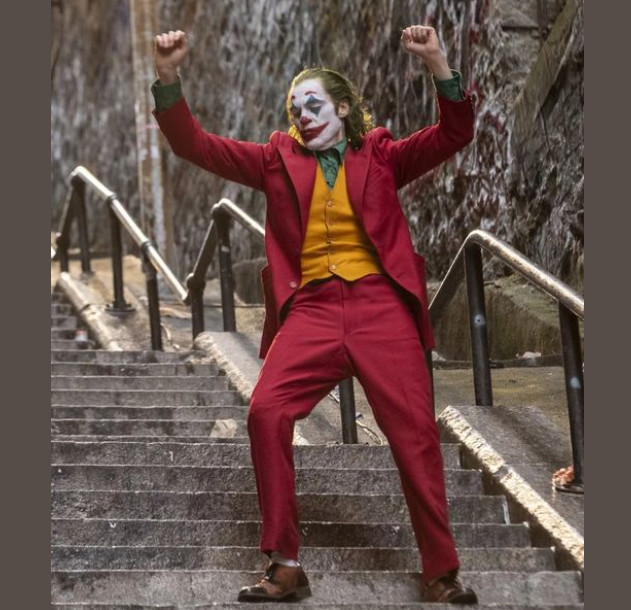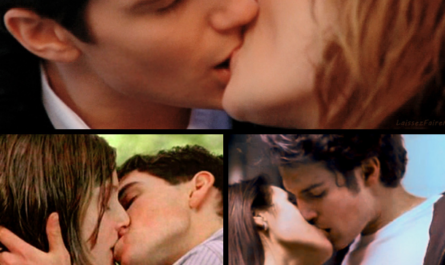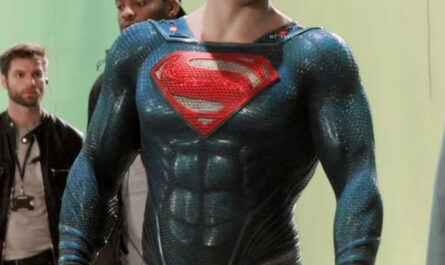In the haunting and mesmerizing portrayal of Arthur Fleck in the 2019 film “Joker,” Joaquin Phoenix delivered a performance that left audiences spellbound. As Fleck, a mentally ill man descending into violence and chaos, Phoenix captured the character’s psyche with chilling authenticity. While Fleck is a fictional creation, the influences behind Phoenix’s portrayal draw from a rich tapestry of real-life figures and cinematic characters. In this exploration, we delve into the celebrities who may have shaped Arthur Fleck’s journey from Hollywood to Gotham, unraveling the enigmatic threads that intertwine reality and fiction.
The Influence of Jerry Lewis: One of the foremost influences on Joaquin Phoenix’s portrayal of Arthur Fleck is the legendary comedian and actor Jerry Lewis. Known for his eccentric characters and expressive facial contortions, Lewis’s comedic persona bears striking similarities to Fleck’s own manic grin and erratic behavior. Moreover, Lewis’s struggles with mental health throughout his life echo Fleck’s descent into madness, providing a poignant parallel that adds depth to Phoenix’s performance. By drawing inspiration from Lewis’s larger-than-life presence and personal struggles, Phoenix imbues Fleck with a sense of tragic humanity that transcends the confines of the screen.
The Legacy of Rupert Pupkin: Another seminal influence on Phoenix’s portrayal of Arthur Fleck is Rupert Pupkin, the delusional protagonist of Martin Scorsese’s 1982 film “The King of Comedy.” Portrayed by Robert De Niro, Pupkin is an aspiring comedian whose obsessive fantasies and descent into madness mirror Fleck’s own trajectory. Pupkin’s fixation on a talk show host, played by Jerry Lewis, echoes Fleck’s obsession with the fictional Murray Franklin, highlighting the blurred lines between reality and illusion in both characters’ psyches. By channeling the spirit of Pupkin, Phoenix infuses Fleck with a sense of unsettling unpredictability, captivating audiences with his enigmatic portrayal.
The Echoes of John Hinckley Jr.: In exploring the influences behind Arthur Fleck’s character, one cannot overlook the chilling parallels to real-life figures such as John Hinckley Jr. Hinckley’s attempted assassination of President Ronald Reagan in 1981, driven by his obsession with actress Jodie Foster, bears eerie similarities to Fleck’s own descent into violence in pursuit of recognition and validation. The motif of obsession, central to both Hinckley’s and Fleck’s narratives, underscores the profound impact of celebrity culture on the human psyche—an impact that reverberates throughout “Joker” with haunting resonance. By drawing upon Hinckley’s twisted motives and distorted reality, Phoenix delves deep into Fleck’s psyche, exploring the dark recesses of obsession and delusion with unparalleled intensity.
Conclusion: In the intricate tapestry of influences that shape Joaquin Phoenix’s portrayal of Arthur Fleck in “Joker,” the threads of reality and fiction intertwine with mesmerizing complexity. From the eccentricity of Jerry Lewis to the delusions of Rupert Pupkin and the chilling echoes of John Hinckley Jr., Phoenix draws upon a diverse array of inspirations to craft a character that transcends the boundaries of the screen. As Fleck’s journey unfolds from Hollywood to Gotham, the echoes of real-life figures and cinematic archetypes reverberate with haunting resonance, inviting audiences into a world where reality and illusion converge in the shadowy depths of the human psyche. Through Phoenix’s masterful performance, Arthur Fleck emerges not merely as a character, but as a mirror reflecting the complexities of the human condition—a testament to the enduring power of storytelling to illuminate the darkest corners of the soul.



